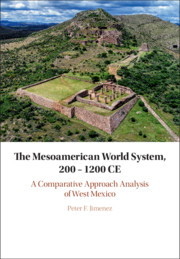The paper reviews the rise and utility of World Systems Theory in archaeology, with particular reference to Europe and the Bronze Age. After a consideration of its origins in the 1970s and 1980s, the main aspects of the theory are discussed. The evidence that shows that the Bronze Age world was highly interconnected is presented, and the implications of a World Systems view of the period considered. In an attempt to work towards a new narrative of the European Bronze Age, a brief discussion of network methods is introduced, since these offer an alternative, ‘bottom-up’, approach to the period which, it is argued, is more appropriate to the data than the World Systems approach.
